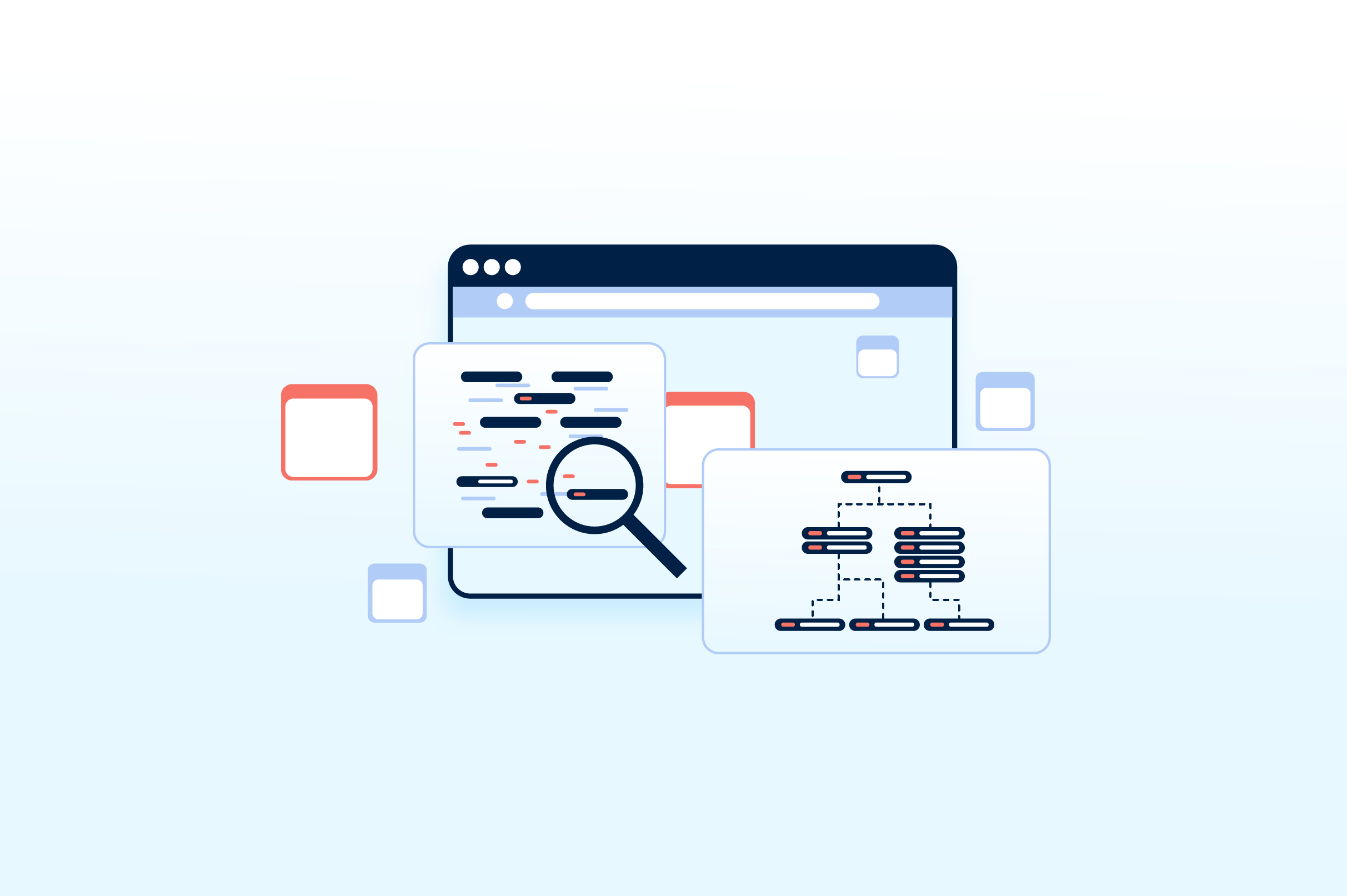
Learn more about how data discovery and classification are integral to comprehending enterprise data, making them an essential part of data governance.
In today's data-driven age, enterprise success isn't merely contingent on possessing vast amounts of data but on comprehending its nature and value. Amid the sea of information enterprises deal with daily, identifying your data, where it resides, who has access and its relevance to your organization can be akin to finding a needle in a haystack. This is where data discovery and classification disciplines come into play, acting as an essential tool in a company's data governance toolkit.
Let's explore why data discovery and classification are crucial for the modern enterprise.
1. Data Security: Not all data is equal. Some data types require higher security levels, while others might be less sensitive. Through effective classification, enterprises can assign sensitivity levels commensurate with the data's value and sensitivity without the noise of false positives. For instance, financial records and personal customer information would merit heightened security, while marketing materials might not.
2. Data Access Control: Classifying data helps define who gets access to what. By determining the nature and sensitivity of data, enterprises can grant permissions based on attributes of the data itself (the classification) and the user roles within the organization. This ensures that employees have the information they need to perform their roles effectively and minimizes the risk of unauthorized or accidental data exposure.
3. Data Residency: Safeguarding customer information isn't merely a matter of ethics anymore. With the enactment of laws like GDPR, CCPA and PIPEDA, it has become an obligation that carries hefty consequences for noncompliance.
The ever-evolving landscape of privacy laws makes it challenging to stay informed and compliant. Ignoring these regulations is no longer an option, as the repercussions of noncompliance can severely impact any organization financially, operationally, and reputationally.
4. Shadow IT: Organizations need to consider the potential of individuals using unsanctioned software and services, encompassing both cloud and on-premises, commonly known as "shadow IT." It is critical to understand where all data exists, in known (inventoried) and unknown (shadow IT) sources, and to understand the sensitivity of the data in each data source.
5. Risk Management And Compliance: With stringent governance, regulatory and privacy requirements, companies must ensure that sensitive data is meticulously managed and protected. Failing to do so can result in severe fines and penalties.
By classifying data based on sensitivity and relevance, enterprises can apply appropriate protective measures and adhere to compliance standards. Without proper classification, the risk of data breaches rises significantly, and the ensuing reputation damage can be catastrophic.
6. Operational Efficiency: In the vast digital oceans of the corporate world, time can be wasted sifting through irrelevant data. By employing data discovery tools, enterprises can swiftly locate and access the necessary information, streamlining operations. This reduces the time taken to make informed decisions and minimizes the costs associated with data storage and management.
As a starting point on this journey, it is critical to know with certainty where all of your data sources are and exactly what type of data exists in each. Without it, you are flying blind. You cannot create a comprehensive risk and compliance strategy until you have complete visibility and understanding.
As the bedrock of data governance, data discovery and classification are indispensable for the contemporary enterprise. Understanding and managing data appropriately is paramount in an age where data is both an asset and a potential liability.
Through effective discovery and classification, companies can harness the true power of their data, driving innovation, ensuring security and achieving sustainable growth. As data continues to grow in volume and complexity, the role of these disciplines will only become more critical, underscoring their importance in the enterprise landscape.
The post, The Imperative of Data Discovery and Classification in the Enterprise appeared on Forbes Technology Council and was authored by Ed Leavens, Co-Founder and CEO of DataStealth, and Forbes Councils Member.